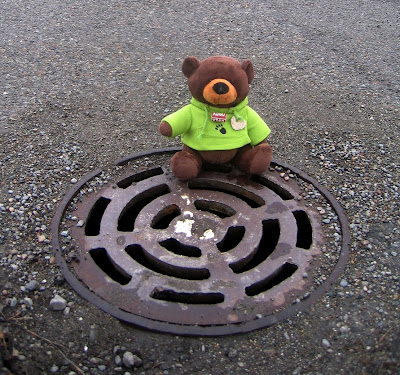The vegetated shingle on Ed's beach at Shoreham is made up of over 90 different plants
The plants attract lots of animals. Not from the sea, but from the land.
There are lots of insects that visit the plants on the beach. Some, such as bees and butterflies are attracted by the flowers which they visit for nectar and in return pollinate the flowers.
There are also many birds that visit the plants. Some feed on the insects while others feed on some of the shingle plant's seeds. There are also lots of lizards scuttling about amongst the plants where they can find food and shelter.
As you can see it really is a special beach













